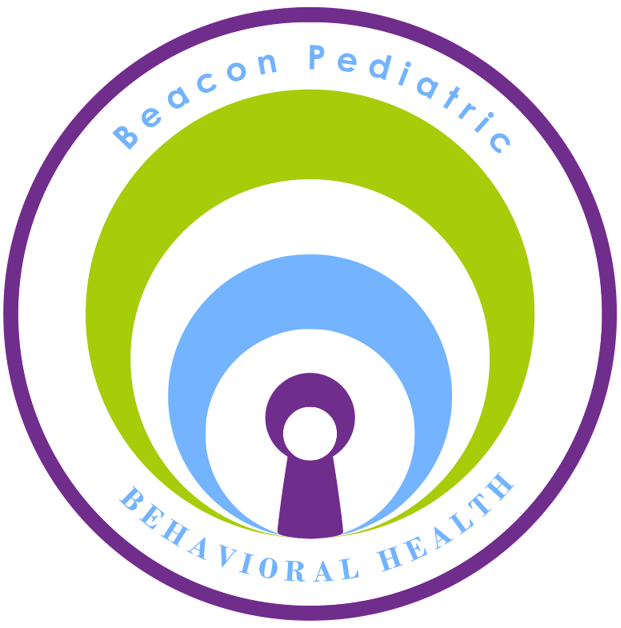OUR SPECIALTY AND EXPERTISE
How can we help?
Our talented staff members have expertise in working with children, adolescents, and young adults between the ages of 18 months and 21 years.
WE CAN ASSIST WITH CONCERNS RELATED TO:
Symptoms of childhood psychiatric and developmental diagnoses:
Autism Spectrum Disorders
Attention Deficit Hyperactivity Disorder (Inattentive type, Hyperactive/Impulsive type, Combined presentation)
Oppositional Defiant Disorder
Conduct Disorder
Mood and Depressive Disorders
Anxiety Disorders
Selective Mutism
Noncompliance
Tantrums and outbursts
Aggression and destruction
Phobias and fears
Toileting issues and enuresis or encopresis
Sleep and bedtime difficulties
Eating and feeding problems
Self-care routines and daily-living skills
Social skills
Adjustment to life stressors
Sibling or family conflict
Discrepancies in parenting strategies
Our Approach
Although every therapist at Beacon brings their own unique style to the services they provide, a common thread unites all of our providers when it comes to our overarching view on child development and treatment approaches. All of our clinicians share the following theoretical orientations at their foundation:
Behavioral:
The behavioral theory acts on the premise that all behavior has a purpose that develops due to what is learned over time. In other words, what we do is not random and can be altered through addressing the “function” of the behavior. Behavioral therapies aim to alter this through essentially “re-learning” behavioral responses and modifying variables in the individual’s environment.
Examples of this approach in action might include treatments such as:
Applied behavioral analysis, behavior parent training, assertiveness training, exposure therapy, progressive muscle relaxation, problem-solving therapy
Cognitive-Behavioral:
Cognitive-behavioral approaches (commonly referred to as CBT) are based off the idea that humans behave due to what was learned and for a purpose (like behavioral theory); however, the cognitive layer adds to this in looking at how our thoughts affect these behaviors. Cognitive- Behavioral therapies are often referred to as “evidence-based”; meaning they have been backed by extensive research and science to be effective in treating certain disorders (such as anxiety).
Examples of this approach in action might include treatments such as:
Cognitive-Behavioral Therapy (CBT, Dialectical Behavioral Therapy (DBT), Rational emotive behavioral therapy (REBT), self-instructional training, mindfulness-based CBT, automatic core belief analysis, schema therapy, acceptance and commitment therapy (ACT), exposure and response prevention therapy
Ecological/ Systems:
Ecological systems theory posits that an individual’s development is influenced by a series of interconnected environmental systems, ranging from the immediate surroundings (e.g., family) to broad societal structures (e.g., culture). Therapists may examine the impact of different variables on the child across a variety of system levels. Often in therapy with children, we specifically focus on the family system, rather than treating an individual in isolation.
Examples of this approach in action might include treatments such as:
Structural family therapy, functional family therapy, human validation process model


